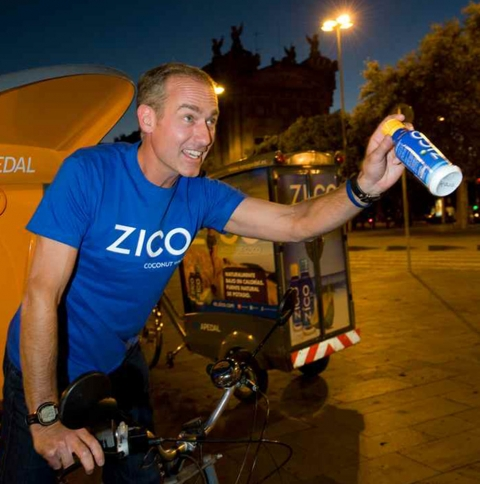Entrepreneurship is About Compromise, Especially for Impact Businesses
Mark Rampolla — September 1, 2022
A growing number of entrepreneurs are trying to make a difference through their businesses. Whether it be Diversity, Equity & Inclusion (DEI), addressing climate change, economic disparities, or health and wellness concerns, these entrepreneurs are building their businesses to address specific social objectives, while attempting to also become economically self-sustaining and scalable.
The need and opportunity for these businesses is real.
Regarding DEI, it’s just good business as according to CNN, 44% of millennials in the U.S. are non-white, up from just 24% of the baby boomer generation – and data from McKinsey even shows that companies that champion diversity have a 25% higher chance of financially outperforming those that don’t. Glassdoor has found that 67% of job seekers consider a diverse workplace an important factor when deciding to accept a position.
With rising heart disease, diabetes and other chronic health problems linked to diet and lifestyle impacting hundreds of millions of Americans and costing the U.S. economy more than $4T per year, the health and wellness trend is massive and much needed, which creates a massive economic opportunity as well.
Similarly in climate change, with global temperatures expected to rise as much as 10 degrees Fahrenheit by the end of the century, there is both a societal imperative to address issues and massive economic opportunity as highlighted by the recent approval of $555B in federal spending on climate related efforts.
In fact it’s almost impossible as a startup founder these days to not try to address many or all of these issues through their business. It’s only natural for founders to want to attempt to be “on the right side” of whatever issues they see. They want to address climate change or heath and wellness while also having the most progressive and inclusive employment practices and sales and marketing strategies. They want it all. They’re creating something new; why shouldn’t it be the best of everything?
These are wonderful goals and an admirable foundation for any new company, but it’s virtually impossible to address them all at once, particularly in the early stages of a business. At PowerPlant, we push our entrepreneurs to be brutal about trade-offs: if you can only accomplish one major impact through your business, what would it be? If you and your business are known for one thing, what would it be? It doesn’t mean a business focused on delivering financial services to low-income communities can’t pay attention to its carbon footprint, but with limited time, talent, and treasure, what is most important and where do you focus?
There are ways to focus on the core and track and improve in other areas. We help our companies create specific KPIs (Key Performance Indicators) or OKRs (Objectives, Key Results) to manage areas of focus and through ESG tracking (Environment, Sustainability and Governance) can track other objectives that are important but not top areas of focus. Done right, they create a balanced scorecard that teams, boards, investors, and other stakeholders can understand and follow as part of monthly or quarterly reporting. Just as a company focused on growth doesn’t ignore margin and expenses, and nor one that is focused on profitability can ignore sales, operating a successful business requires both balance and focus.
Particularly in the early stage, entrepreneurs have to prioritize if they want to get anything done.
Entrepreneurship is about trade-offs. No founder can do it all, no matter how much they might want to. Creating and growing a startup is simply too difficult; it requires total focus on the goal, whatever that might be. If you are a startup working to reinvent health & wellness, that might mean you don’t use the state of the art new packaging that is complex, expensive and unproven. Maybe it is not as sustainable as you’d like to start; that can always be improved upon later on. Or maybe diversity and inclusion are paramount, in that case you might have to sacrifice other objectives like making sure that every ingredient is organic or that your supply chain is 100% transparent or regenerative.
That does not mean abandoning impact, however. Startups can still make big things happen. In our experience the best way, perhaps the only way to make a major impact in one area is to make the sole and maniacal focus of your business. Focus breeds results, and provides the runway that growing companies need to adopt other goals down the road.
Just not now.



